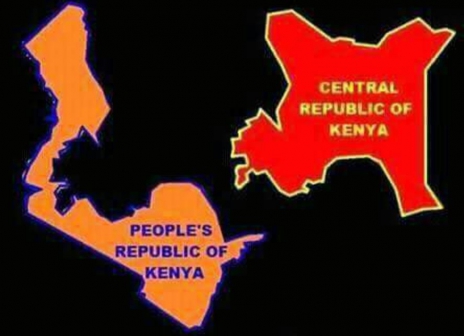×
The Standard e-Paper
Stay Informed, Even Offline

The secession debate has been raging for the past few days.
It is a debate that has been created by people who feel that two regions in Kenya have lorded it over them for a long time.